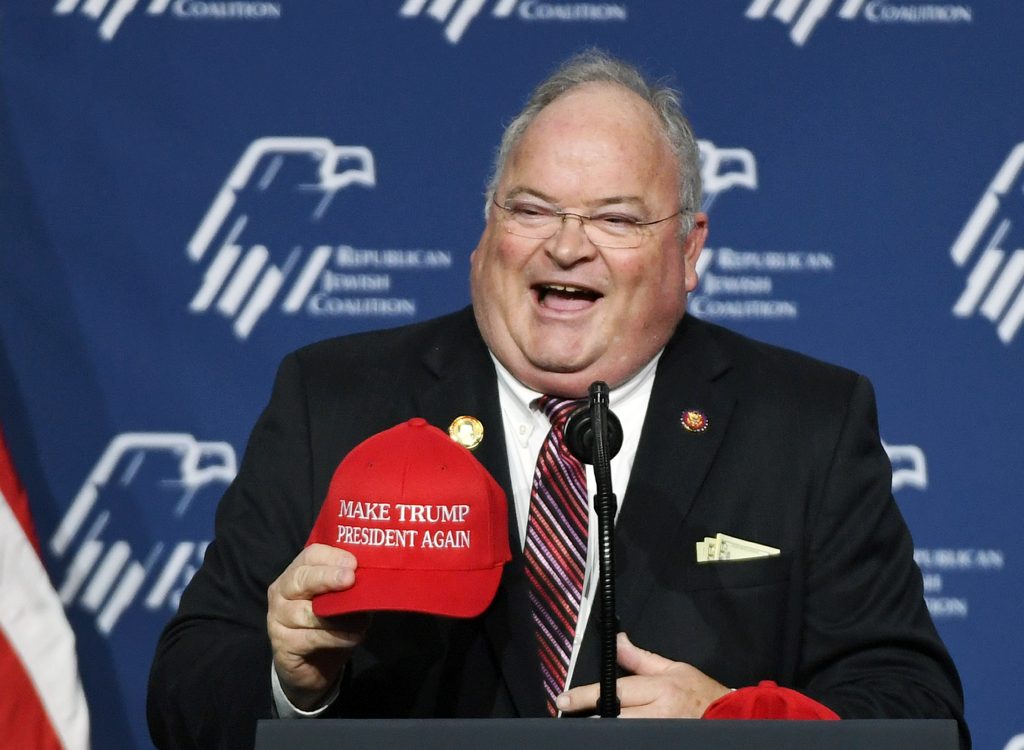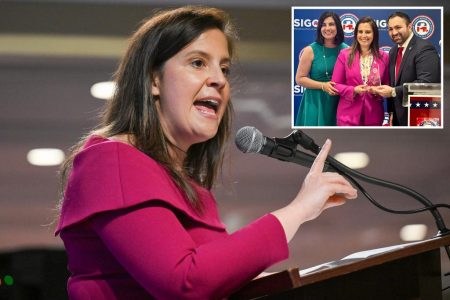In a significant move within the upcoming Trump administration, President-elect Donald Trump has nominated former Congressman Billy Long as the new leader of the Internal Revenue Service (IRS). This decision has drawn attention due to Long’s unique background as a former professional auctioneer and his tenure representing Missouri’s 7th Congressional District from 2011 to 2023. Trump expressed his satisfaction in nominating Long, highlighting his extensive experience in business and politics, which he believes will resonate well with taxpayers. Trump stated, “Billy brings 32 years of experience running his own businesses in Real Estate and, as one of the premier Auctioneers in the Country.” This combination of experience positions Long as a suitable candidate to address the challenges faced by taxpayers navigating IRS regulations.
Trump further emphasized Long’s dedication to public service, noting his time in Congress when he felt it was essential for his constituents to have a representative who understood the financial aspects of governance, as he claimed to have “signed the front of a check.” Post-Congress, Long transitioned to a role as a business and tax advisor, aiding small businesses in understanding and complying with IRS rules—a position that likely informed Trump’s decision in naming him commissioner. Trump characterized Long as a hardworking individual respected by colleagues across the political spectrum, intending to foster a cooperative environment within the IRS for both taxpayers and its employees.
The personal rapport between Trump and Long was evident when recalling past interactions, particularly a humorous moment in 2019 when Trump invited Long to auction off the Stanley Cup during a celebration at the White House. This incident not only highlighted Long’s auctioneering skills but also showcased his charismatic persona, which Trump believes will facilitate a more positive public perception of the IRS. Long’s presence has consistently garnered favorable remarks from Trump, who reiterated that taxpayers and IRS employees would appreciate Long’s leadership style as a “people person.”
However, Long’s previous political aspirations included an unsuccessful campaign for a U.S. Senate seat in 2022, where he lost to current Senator Eric Schmitt. Although Trump praised him during a rally at that time, he ultimately chose not to endorse Long in the primary, which may signify a complex relationship often seen in political endorsements. Trump’s timing to endorse Schmitt, rather than Long, raises questions about the dynamics within the Republican party and the latter’s standing in the eyes of the former president.
The recent nomination has broader implications, namely an expected shift in leadership at the IRS, as it indicates Trump’s intention to remove or replace current IRS Commissioner Daniel Werfel, who was appointed by President Biden. Werfel had succeeded Charles Rettig, who served during Trump’s presidency. Long’s confirmation will ultimately rely on the Senate, where Republicans will possess a slim majority. This political landscape introduces potential challenges regarding his approval, given that the Senate will need to navigate the diversity of opinions on tax policy and IRS management.
In the context of the evolving political climate, Long’s appointment could signal a return to a more business-oriented approach within the IRS, as Trump seeks to reshape its leadership and responsibilities. Long’s journey from a successful auctioneer to a congressman and now potentially leading the IRS encapsulates a narrative of resilience and adaptability, reflecting both personal ambition and political strategy in an era characterized by division and competing priorities. As the administration prepares for its transition, Long’s impact on the IRS and taxpayer relations will be closely watched, especially in light of Trump’s promises to overhaul federal agencies and prioritize citizen engagement on taxation matters.










